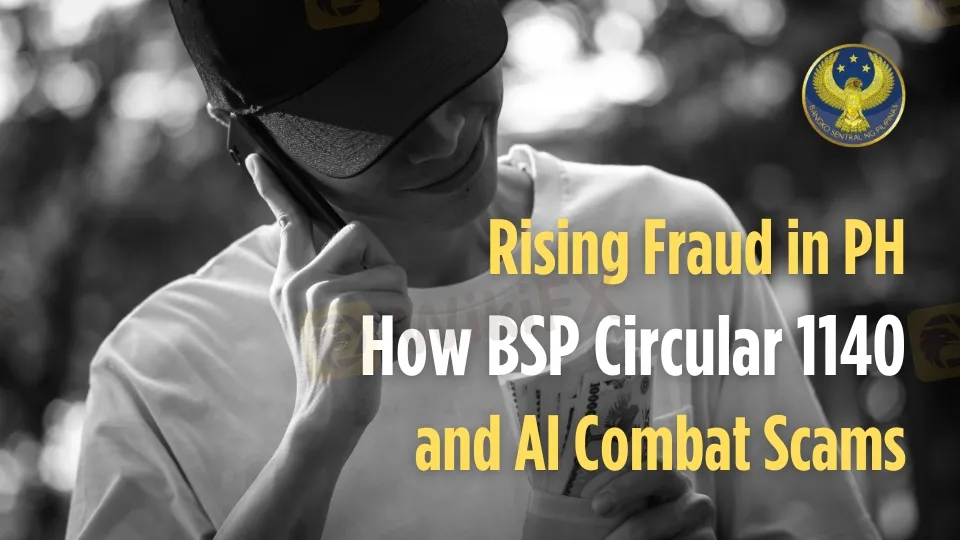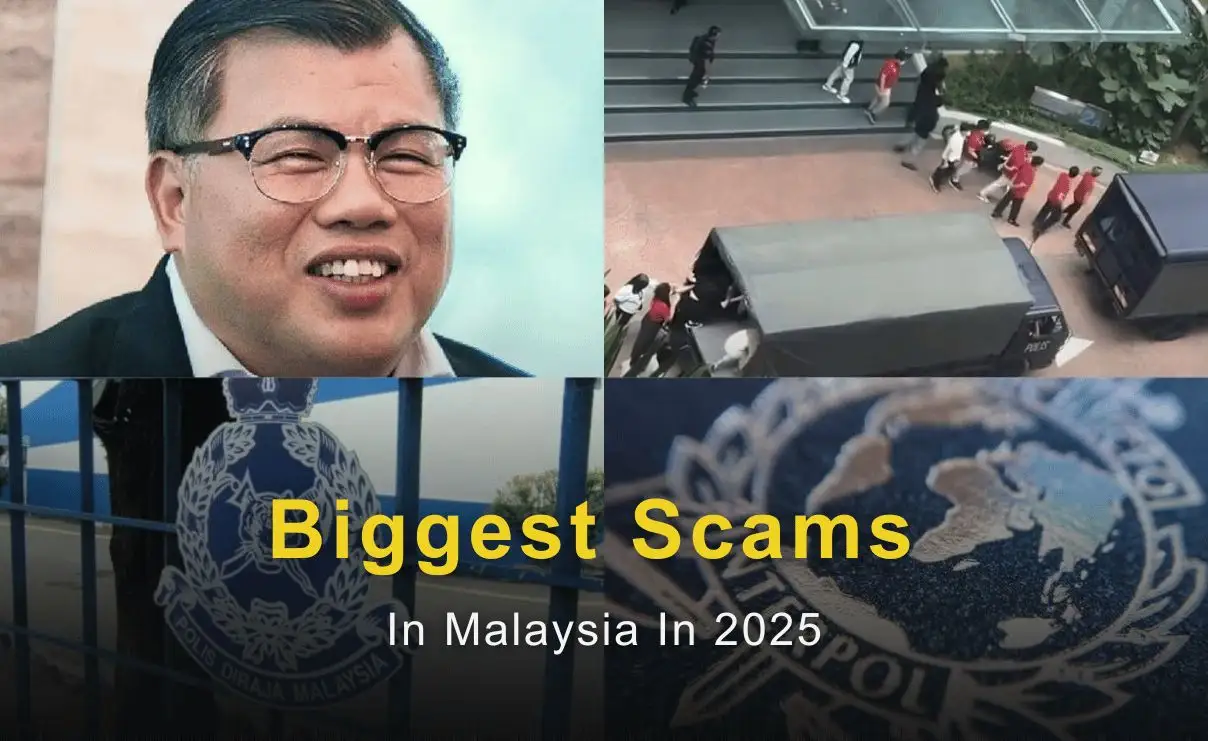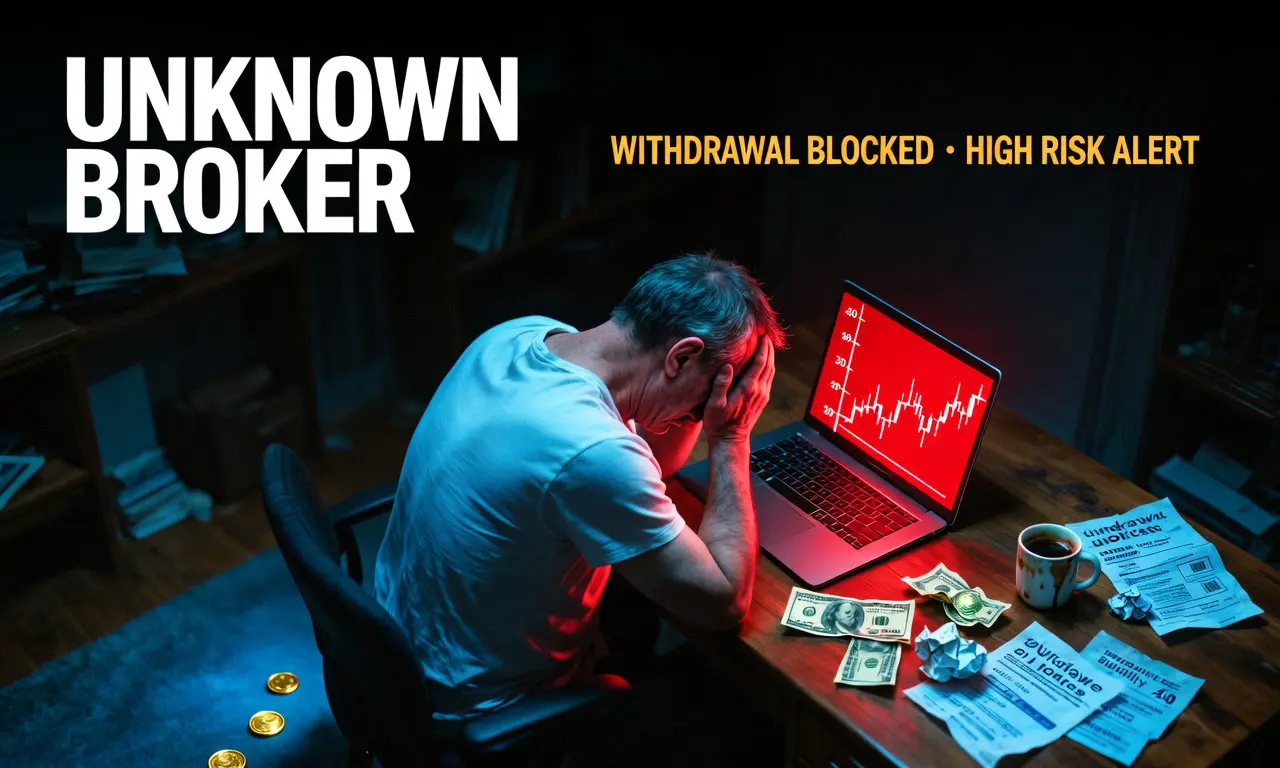RM1.15 Million Lost: Two Women Fall to Fake Profits and Fake Police
Two women in Penang saw more than RM1.15 million vanish within weeks after being ensnared by sophisticated investment scams.
简体中文
繁體中文
English
Pусский
日本語
ภาษาไทย
Tiếng Việt
Bahasa Indonesia
Español
हिन्दी
Filippiiniläinen
Français
Deutsch
Português
Türkçe
한국어
العربية
Abstract:Discover how the Philippines tackles rising fraud with BSP Circular 1140, AI-driven solutions, and tokenization to secure its digital economy. Learn more.

The Philippines has become a shining example of digital economic progress, but this success story is overshadowed by a concerning increase in fraudulent activity. Fraud has increased drastically over the last decade, with identity fraud instances alone rising by 121% in 2024. This concerning increase has prompted financial institutions, fintech startups, and authorities to take immediate action. Although safeguards such as the Anti-Financial Account Scamming Act (AFASA) and the Bangko Sentral ng Pilipinas (BSP) Circular 1140 have been implemented, the fight against fraud is far from over.
The Philippines' fast move to digitization has presented both possibilities and problems. On the one hand, it has boosted financial inclusion and economic growth by allowing millions of people to use online banking, fintech applications, and digital payment services. On the other side, this change has revealed major flaws in the country's financial system.
Cybercriminals have been eager to exploit these flaws. As businesses and financial institutions compete to innovate, many have struggled to meet the combined demands of advancement and strong cybersecurity. This has left gaps that scammers are only too keen to exploit. Compounding the problem is a lack of general understanding of internet security, leaving people vulnerable to phishing schemes, social engineering, and identity theft.
The emergence of “fraud-as-a-service” platforms, which offer ready-made tools and stolen identities to prospective cybercriminals, exacerbates the situation. Adding fuel to the flames, fraudsters are increasingly using artificial intelligence (AI) and automation to circumvent traditional detection methods. The Philippines has also garnered recognition as a hotbed for internet fraudsters, with an estimated 15,000 people operating scams that target victims all over the world.
In response to the mounting problem, the BSP issued Circular 1140, a regulatory milestone designed to improve fraud management methods. The circular requires more stringent client verification processes, better monitoring systems, and real-time fraud detection techniques. The BSP's goal is to strengthen the country's financial institutions against growing dangers by aligning with worldwide best practices.
Circular 1140 is a great start, but scammers are proving to be quite flexible. They continue to attack weaknesses with modern technology, emphasizing the necessity for financial institutions to move beyond compliance. Staying ahead of increasingly complex frauds requires proactive, comprehensive solutions.

To successfully tackle the growing tide of fraud, financial institutions must use cutting-edge technology and develop worldwide collaboration. Here are some of the more promising solutions:
1. Tokenization of Payments
Tokenization has emerged as a major changer in fraud detection. By transforming crucial card details into randomized tokens, this system assures that even if data is intercepted, it is rendered useless to criminals. Tokenization minimizes the risks associated with exposed payment information, considerably improving transaction security.
2. AI-Powered Fraud Detection
Artificial intelligence is changing the face of fraud management. Next-generation AI technologies analyze massive volumes of data from many sources, revealing hidden patterns and correlations that older systems may overlook. AI-powered solutions can detect and prevent fraud in real-time by analyzing data from worldwide and regional vendor databases, consumer transaction records, and inventory logs.
3. Biometric and Multi-Factor Authentication
Biometric verification, such as facial recognition and fingerprint scanning, is becoming a key component of fraud prevention. These solutions provide more security than standard passwords, which are frequently stolen or misused. When paired with multi-factor authentication (MFA), they give an extra layer of protection, making it considerably more difficult for fraudsters to access accounts or authorize fraudulent transactions.
4. Advanced Identity Verification
Robust identity verification systems are essential for decreasing identity fraud. Advanced solutions combine artificial intelligence, biometrics, and document verification to swiftly and securely authenticate individuals. These technologies not only increase security but also the user experience by expediting the onboarding process and eliminating friction.
The battle against fraud in the Philippines requires a multifaceted strategy. Financial institutions must work with global fintech businesses to gain access to breakthrough technology and specialized skills. Public-private partnerships are also important because they allow for the exchange of information and resources, which helps to enhance the country's financial ecosystem.
While regulatory agencies such as the BSP play an important role in developing a solid framework for fraud prevention, the burden does not fall exclusively on their shoulders. Financial institutions and fintechs must take the initiative in implementing next-generation fraud control systems and cultivating a culture of alertness and creativity.
The Philippines' digital economy has enormous promise, but fulfilling this potential necessitates solving the obstacles posed by fraud. The banking industry may create a more robust environment by using technologies such as tokenization, AI-driven fraud detection, and biometric authentication.
Efforts to prevent fraud must involve public awareness efforts to educate people about online security standards. After all, a safe digital economy is not just the duty of institutions and authorities; it also demands active consumer engagement.
The spike in fraudulent activity in the Philippines serves as a sharp reminder of the problems that come with digital change. While measures such as BSP Circular 1140 lay a strong basis, the battle against fraud needs ongoing innovation and teamwork.
The Philippines can confront the rising threat of fraud by adopting innovative technology and creating global alliances. In doing so, the government will not only safeguard its financial environment but will also foster trust and confidence in its booming digital sector. The path ahead is difficult, but with caution and ingenuity, a more secure future is within sight.

Disclaimer:
The views in this article only represent the author's personal views, and do not constitute investment advice on this platform. This platform does not guarantee the accuracy, completeness and timeliness of the information in the article, and will not be liable for any loss caused by the use of or reliance on the information in the article.

Two women in Penang saw more than RM1.15 million vanish within weeks after being ensnared by sophisticated investment scams.

Malaysia is facing a sharp escalation in online scam activities, with reported losses reaching RM2.7 billion between January and November, driven by increasingly sophisticated and well-organised fraud schemes. Official data shows a significant rise in cases compared to the previous year, while experts warn that the true economic impact may be far greater due to widespread underreporting.

You are likely looking at PRCBroker because you’ve seen their ads or heard about their platform, but you have doubts about whether your funds will be safe. You are right to be cautious.

You are likely looking for a broker that can handle serious liquidity without compromising safety. You might be asking: is Finalto just another generic platform, or is it a secure place for your capital?
